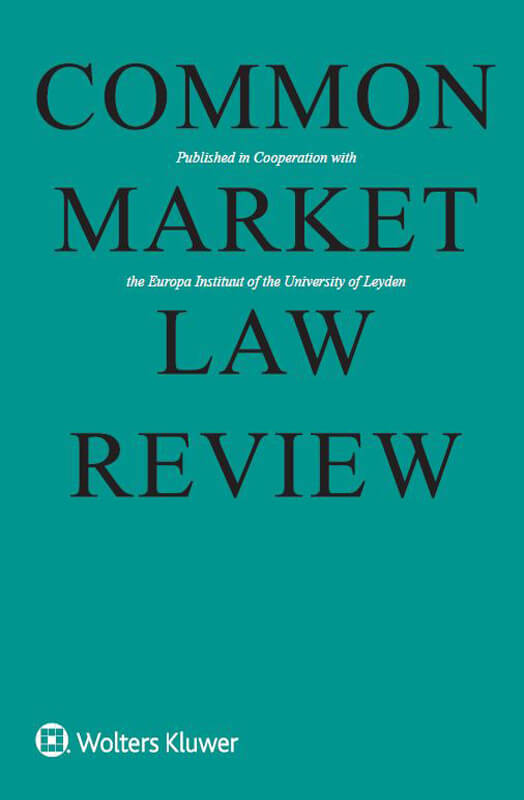Country note: ‘Irregular’ and ‘Wasteful’ Expenditure, Tax, and Fiscal Citizenship in South Africa - Intertax View Country note: ‘Irregular’ and ‘Wasteful’ Expenditure, Tax, and Fiscal Citizenship in South Africa by - Intertax Country note: ‘Irregular’ and ‘Wasteful’ Expenditure, Tax, and Fiscal Citizenship in South Africa 46 3
The Auditor General of South Africa, in his consolidated audit reports for 2015/2016, reported ZAR 65.5 billion of ‘irregular’ and ‘wasteful’ expenditure by central, provincial and local government in South Africa, together with ten of the twenty-one state-owned enterprises. This figure was almost double that of the previous year. Against a background of government corruption, significant poverty and a taxpayer base in 2015, whereby 130,000 individuals paid a third of the personal income tax and 616 companies paid two-thirds of the corporate income tax, the question arises whether the levels of ‘irregular’ and ‘wasteful’ expenditure result in reduced levels of fiscal citizenship in the country.
This article further looks at the general concept of fiscal citizenship and establishes that reduced trust in government results in reduced tax morality and fiscal citizenship. It finds that this rule applies equally in South Africa. The levels of ‘irregular’ and ‘wasteful’ expenditure in the country arise to some extent, and are perceived to arise to a large extent, from corruption. The South African tax authority acknowledges, together with professional commentators and journalists, that the ensuing lack of trust in the State has a negative impact on fiscal citizenship.
Intertax

